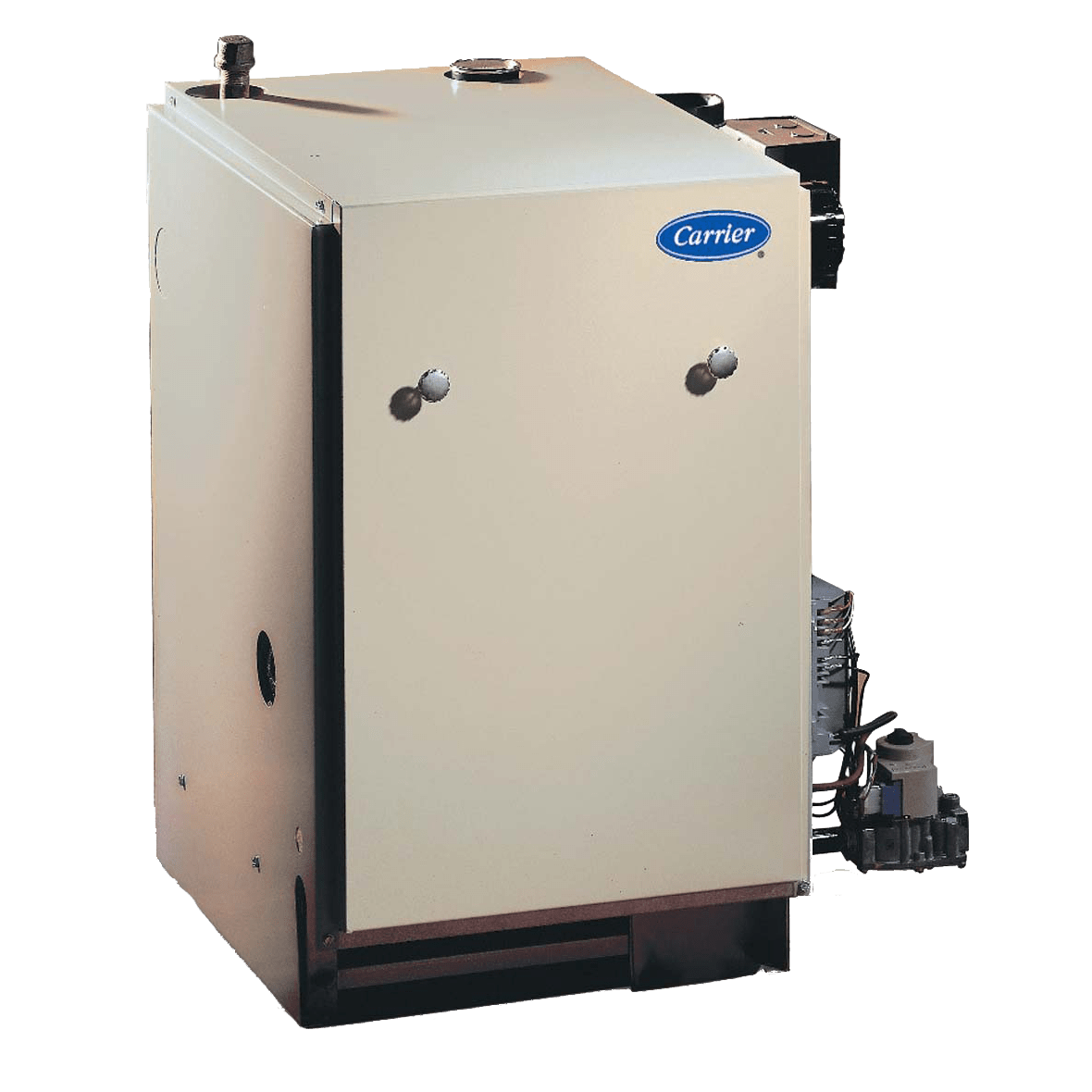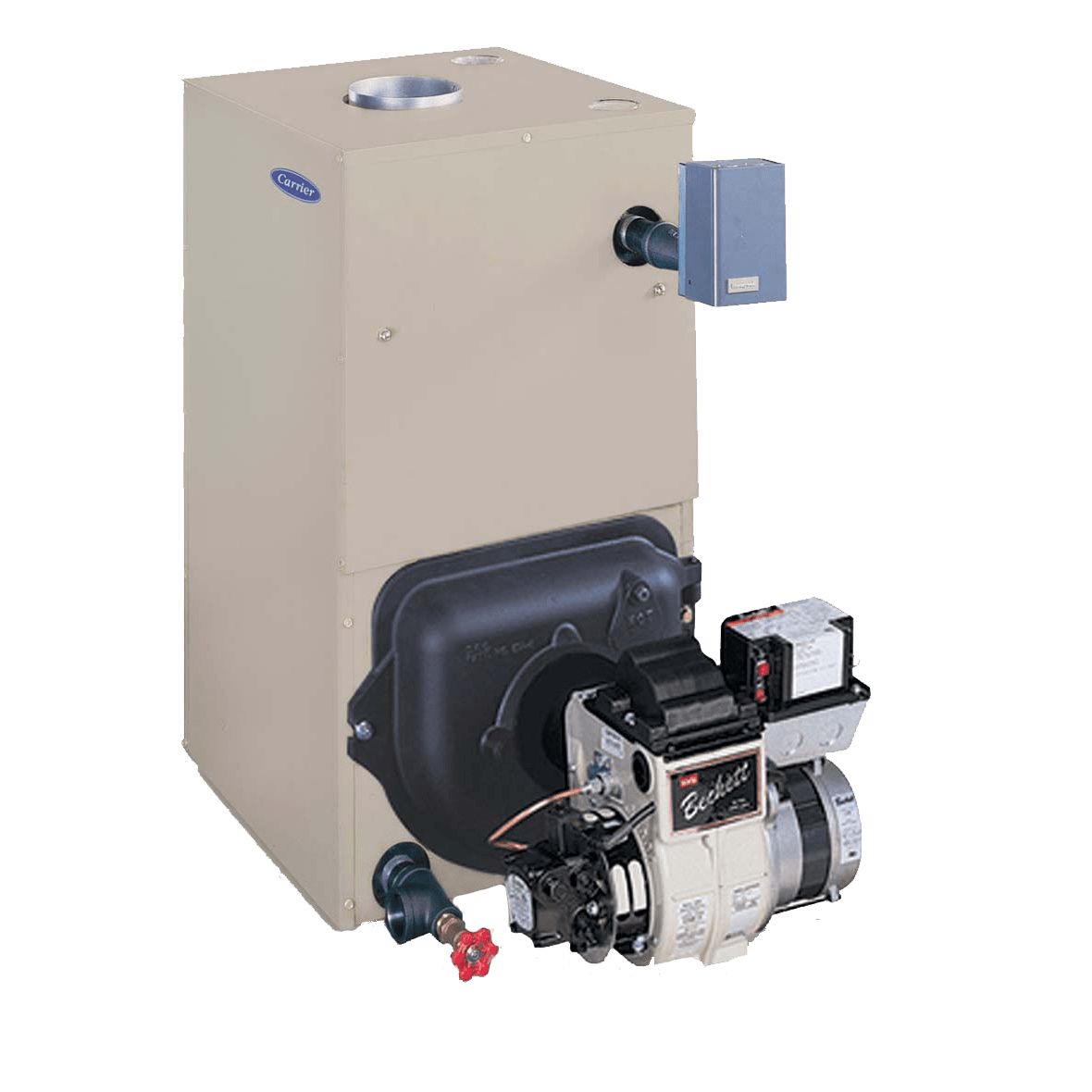Boiler Installation
By Travis Baugh
If you're thinking about boiler installation in your home, it's crucial to understand the factors involved, the benefits of professional installation, the costs, and why Carrier is your best option. Our goal is to equip you with all the necessary information to make a well-informed decision.

Factors to Consider When Installing a Boiler
Installing a boiler involves several important factors. By carefully evaluating these, you can ensure your boiler installation meets your specific needs and performs optimally. Here are some key considerations:
- Size and Capacity Requirements: The size and capacity of a boiler are vital for its efficiency and effectiveness. Determining the right size and capacity based on your home's heating requirements is essential. Your local Carrier dealer can assess your needs and recommend the appropriate boiler size and capacity for your residence.
- Fuel Type Options: Boilers come in different fuel types, including natural gas and oil. Each fuel type has its own benefits and considerations. Natural gas boilers may be more cost-effective and eco-friendly, while oil boilers may offer higher energy efficiency. Consider your energy preferences, availability, and budget when choosing the fuel type for your boiler installation.
- System Type Compatibility: Boilers can be integrated into various heating systems, such as radiant floor heating, baseboard heating, or forced-air systems. Ensuring that the boiler you select is compatible with your current or planned heating system is crucial. Consulting with an HVAC professional can help you determine the best system type compatibility for your boiler installation.
Benefits of Professional Boiler Installation
Relying on professional expertise for boiler installation offers numerous benefits that ensure safety, optimize performance and efficiency, and provide warranty coverage for peace of mind.
- Safety and Compliance: Certified HVAC technicians have the knowledge and experience to adhere to industry safety standards and regulations. They ensure your boiler is installed correctly, minimizing the risk of accidents or hazards.
- Optimal Performance and Efficiency: Skilled HVAC technicians understand the intricacies of boiler systems and can install them to maximize performance. This means consistent heat and hot water without energy waste or frequent breakdowns.
- Warranty Coverage: Professional installation comes with warranty coverage, meaning any issues or malfunctions can be covered by the manufacturer's warranty. Upon timely registration, Carrier boilers come with a 10-year parts only limited warranty or a 5-year parts, plus a 3-year labor limited warranty. 1 This added protection gives you peace of mind and saves you from unexpected expenses.
Understanding Boiler Installation Costs
Why Choose Carrier for Your Boiler Installation
Connect With A Carrier Dealer On Boiler Replacement
Up to 84.4% AFUE for moderate energy savings with standard comfort features.
Up to 86.2% AFUE for moderate energy savings with standard comfort features.
Up to 86.2% AFUE for moderate energy savings with standard comfort features.




